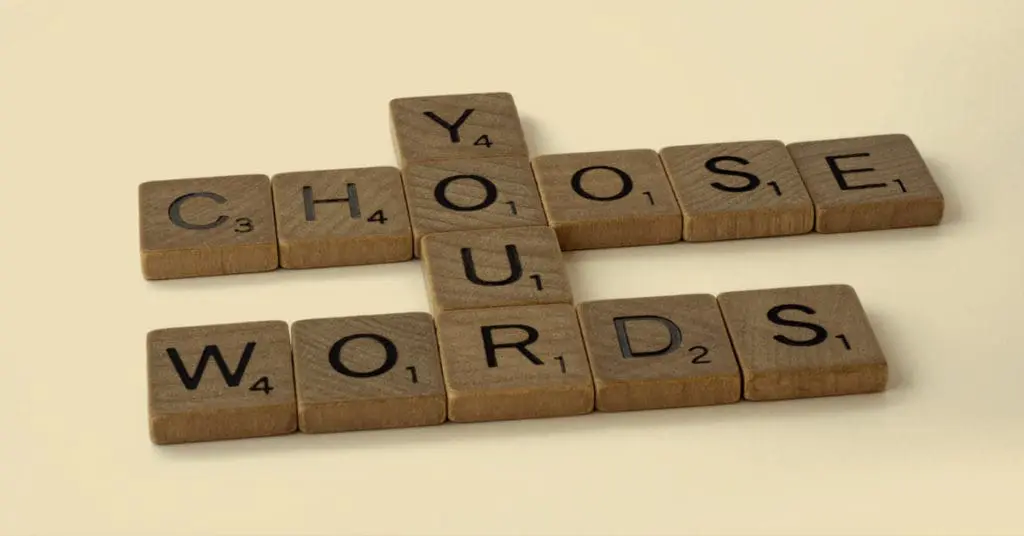
When researching the origins of the “International Day of Older Persons”, I was struck by the words selected to designate older adults in a few countries. Canada has chosen to reference October 1 as “National Seniors Day”. In the United States, “National Senior Citizens” are celebrated; and Germans observe “Seniors Day”.
After working in the ‘age’ space now for a few years, I have to confess to a personal bias. I don’t like the way the word ‘senior’ makes me feel. The word conjures up an ageing narrative of decline. It just doesn’t inspire me to think of ageing as a positive.
Conversely, I find reference to ‘older’ persons’ or ‘older’ adults to be filled with possibility. Those terms suggest much stronger, more robust, more engaged, and healthier individuals (to me). Is it only my bias, or do you feel similarly about the word, ‘seniors’? Please let us know.
Ironically, when ’senior’ is used as an adjective to describe a hierarchical position in a corporation, I don’t think many of us think the word refers to a vulnerable, needy, or dependent individual. On the contrary, the Senior Vice President, or Senior Partner in a business setting has a positive connotation, one of power and influence.
Media continues to have a substantial influence on what and how we think. Having lived in a youth-centric culture, those of us who are of a ‘certain age’ have to fight our unconscious bias and try to internalize the joys of ageing. This is the time of life when we have new choices, new freedoms and opportunities to take on new challenges.
Retirement no longer means the end of work the way it did for previous generations. We are living on average 30 years longer than our grandparents did and our ‘health-spans’ have improved dramatically thanks to technology and modern medicine. Throughout the pandemic, research has proven that older generations have remained more emotionally and psychologically resilient, in spite of being affected the most adversely by the virus.
Major demographic change resulting from worldwide ageing and, what some have called, the longevity revolution, will have a significant, potential impact on all sectors of the economy. Across the world, two people turn 65 every second. A population of ‘older ‘adults with diverse and evolving needs, interests, demands, and abilities will create new businesses and challenge existing ones to adapt to changing markets.
It’s time for all of us to press the ‘refresh button’ on our existing beliefs and vocabulary about ageing. Words have the potential to influence attitudes and behaviour. Let’s see more references that reflect an older population that is capable and empowered.
On October 1st, I invite you to think about what it means to be an older person and how you can contribute to making it aspirational. All generations have a stake in this endeavour. Ageism needs to go the way of the dodo.
